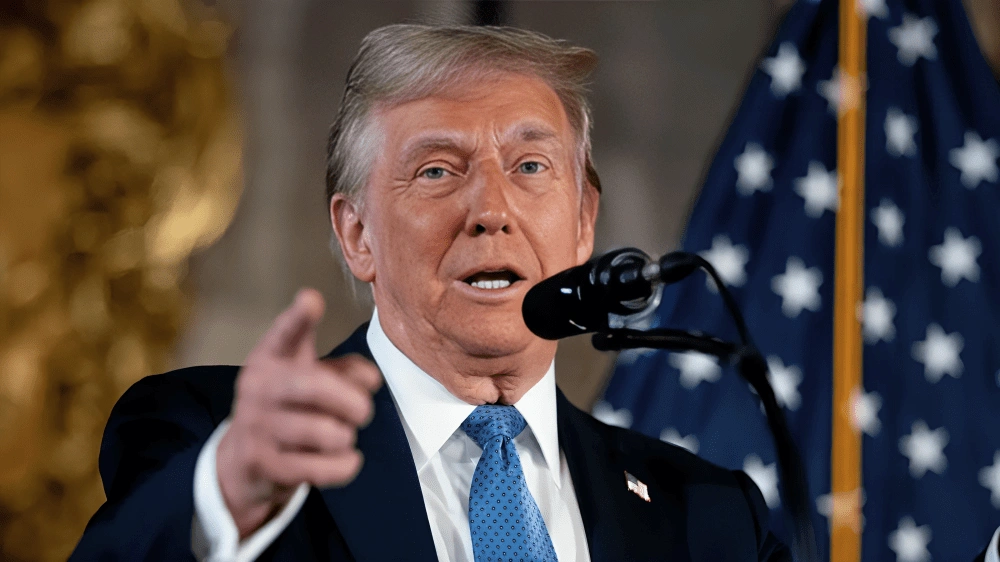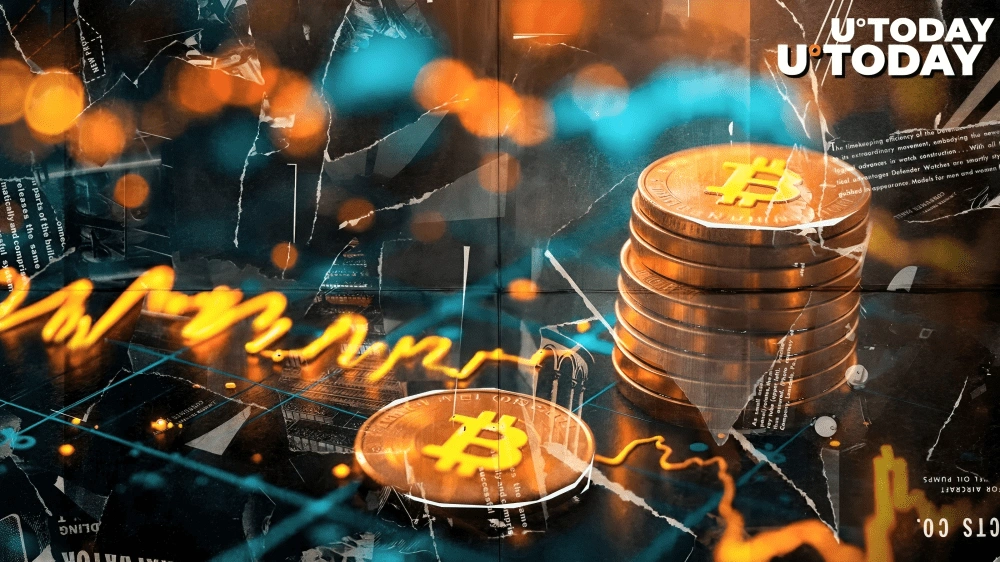The latest developments feature talking heads, from lawmakers and security experts to the former president himself, debating the merits for or against the almost certain impending ban of TikTok in the United States. With requests rallying against the most popular social media site in the United States-as of today, it has millions of active users-spurred on by discussions of national security, user privacy, and, mostly, data security, everyone has started to sit up in anticipation for the next step as the legality and politics evolve. The question now is: When will there be a TikTok ban, or will there be one at all? And might Trump, who tried to outlaw the app during his presidency, be a part of any future consideration regarding it?
What Are The Reasons For TikTok facing A Possible Ban?
The main issue which causes this demand for banning TikTok is the ties of the app with its mother country, China. For officials in the United States, with the emergence of ByteDance-a Chinese company that owns TikTok- potential risks concerning the potential infiltration of the Chinese government into user data from American users of TikTok lurks. The accused also argue this to gather intelligence in surveillance purposes or to sway the public opinion by changing content.
Former President Trump tried to ban TikTok in 2020 because of these national security threats and, consequently, ordered Byte Dance to sell the app’s American operations to an American company. Although legal wranglings followed Trump’s push, court rulings kept it inactive, but the issue remained stuck, and the fear of scaring people with the word “ban” over TikTok remained intact. Under the regime of President Joe Biden, security concerns are still ongoing in review, but no drastic actions have so far been taken.
When Will the Ban Happen?
Timeline is highly uncertain for a possible TikTok ban in the U.S., which keeps being subjected to legal and political tussles. Many experts believe that there may be a ban in a rather short timeframe if the Biden administration goes ahead with the proposed regulations for the safeguarding of U.S. citizens’ data from foreign influence. Still, a ban would face critical litigation, as TikTok and its parent company may dispute such a move, claiming infringement into free speech and business rights:
Apart from that, there are also new fears captured about app national security usage, with more lawmakers wanting stricter measures against foreign apps that could threaten U.S. privacy, including but not limited to TikTok but other Chinese apps. But even if the Congress could agree to it, it would take months or even years before that.
Can Trump Save TikTok?
In fact, even in these post-office days of Donald Trump, his sparks are still lit on the issue by most of the people having a little skepticism towards the Chinese government. During his presidency, he had several campaigns to force ByteDance into a sale of TikTok’s freehold ownership in America to a U.S.-based company like Oracle or Walmart. Courts upheld the ban to assert otherwise, but the source of debate could still play quite a role for him, probably if he decides to run for any office in the upcoming elections.
Should he run for president in 2024, his platform would most likely include his position on TikTok and Chinese influence. In all likelihood, he would continue to advocate for the app being blocked from U.S. markets, or he would push forward legislation that would give him broader authority for action against apps owned overseas. He could also rally lawmakers and their faction in favor of a more interventionist strategy against China, potentially accelerating the button-pushing to ban the app.What is the impact of an outright ban?
Should TikTok ever be banned in the U.S., the repercussions would reverberate beyond social media, commerce, and culture-arena. Ultimately, it involves millions of American users losing the platform that has become so ingrained in their entertainment and self-expression as well as communication. While brands, influencers, and content creators are depending on TikTok for business and marketing purposes, they would also hit a snag, because the app’s influence in the U.S. has become enormous.
A ban from the U.S. could trigger increased tension with China, especially concerning trade disputes, and international competition. This may prepare for things to come in dealing with other foreign-owned technology companies operating in the United States.
This doesn’t guarantee that Trump’s influence will guarantee the app’s future, however. Legal hurdles are high, and his efforts to secure a ban have failed, at least in part, because of legal challenges questioning the constitutionality of that position.
Conclusion
As the situation continues to change, the future of TikTok in the U.S. remains unknown. While some are convinced that national security concerns will eventually make it so the app gets banned, many believe that an arrangement between the U.S. and ByteDance about data security could result in a more delicate solution. Meanwhile, all eyes are on Washington as lawmakers and government officials determine the next steps for regulating the increasing influence of foreign-owned social media platforms like TikTok.
Should Trump get involved again, his position on TikTok might fan flames of the old debate, placing the matter once more in the forefront of U.S. politics.





